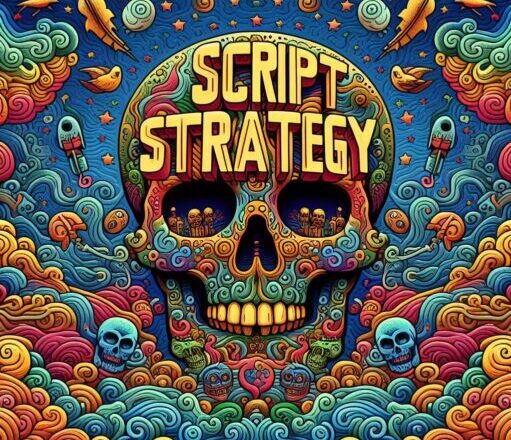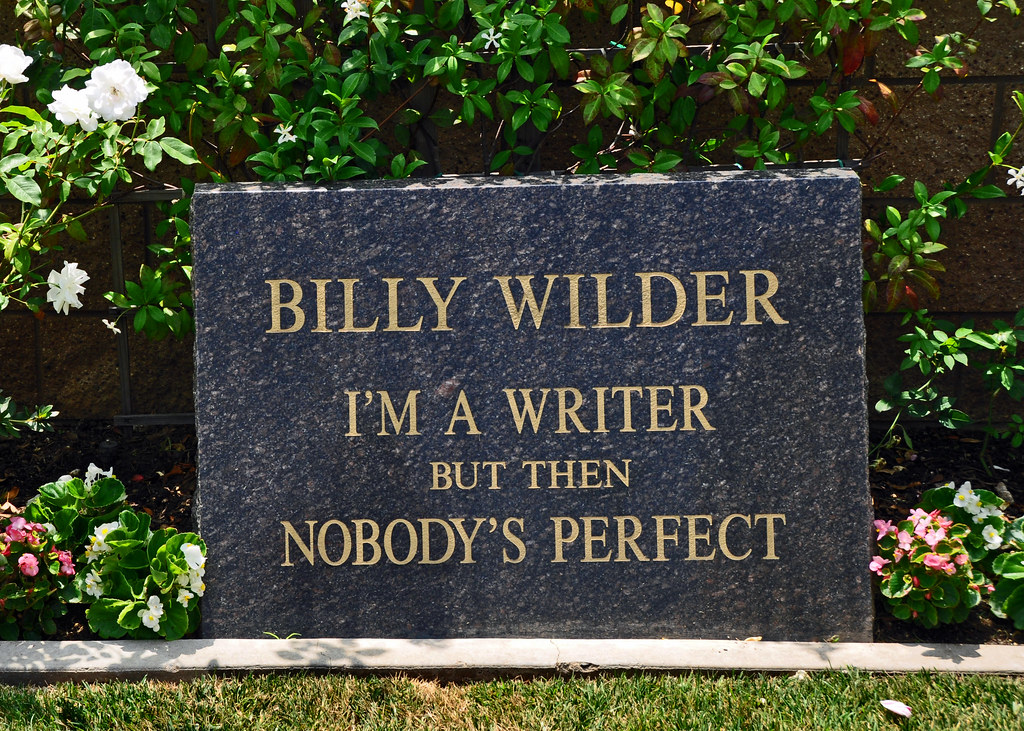rowan
Uncategorized
How to enhance your creativity with free digital tools
June 25, 2025

Uncategorized
Essential advice for digital illustrators seeking success
June 25, 2025
Uncategorized
Finding inspiration in the digital art world around you
June 25, 2025
Uncategorized
Exploring digital illustration techniques for better design
June 25, 2025
Blog
The Tyranny of Likeability (When Writing Female Characters)
June 24, 2025
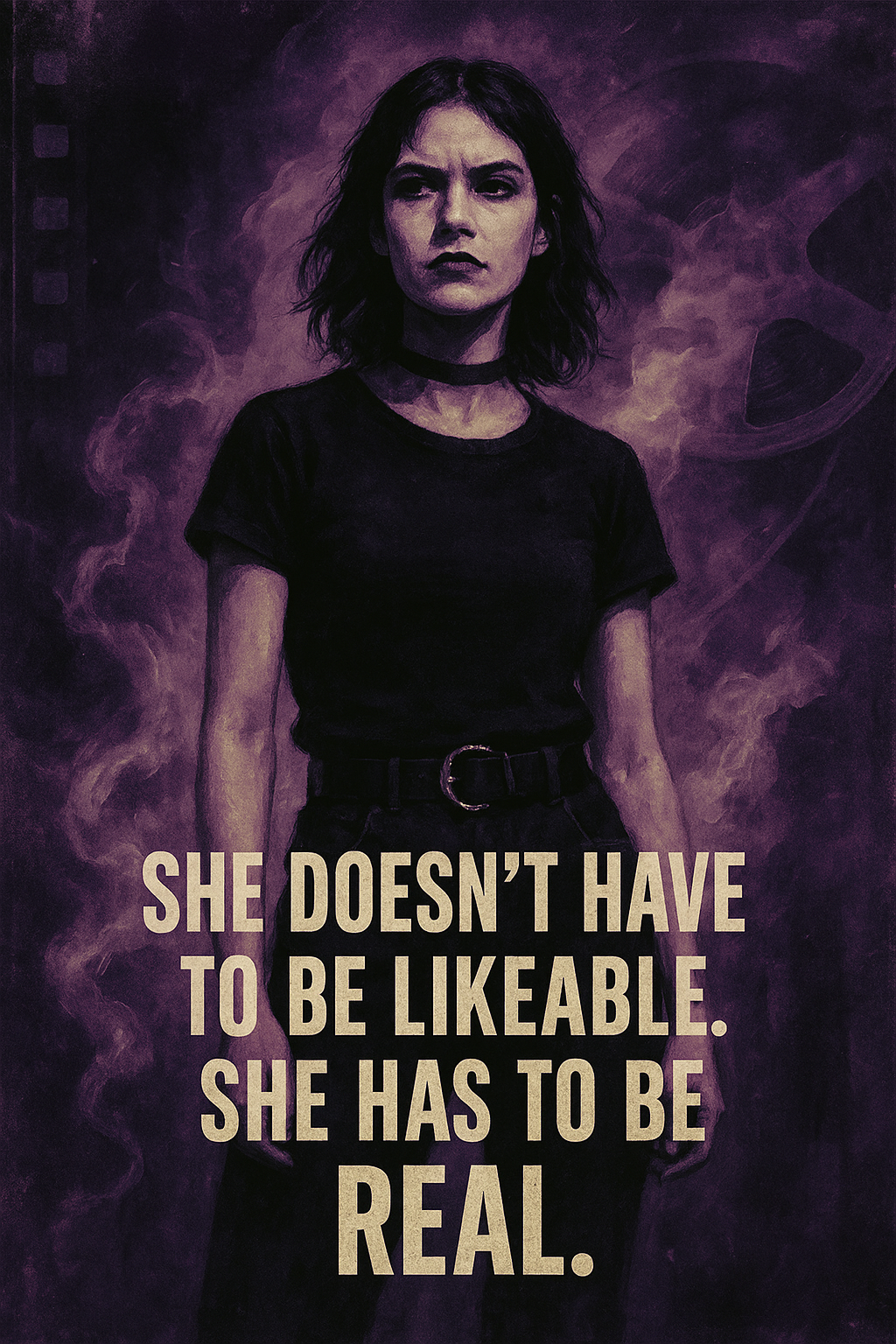
Blog
Five Examples of the Break Into Two for Screenwriters
February 11, 2026
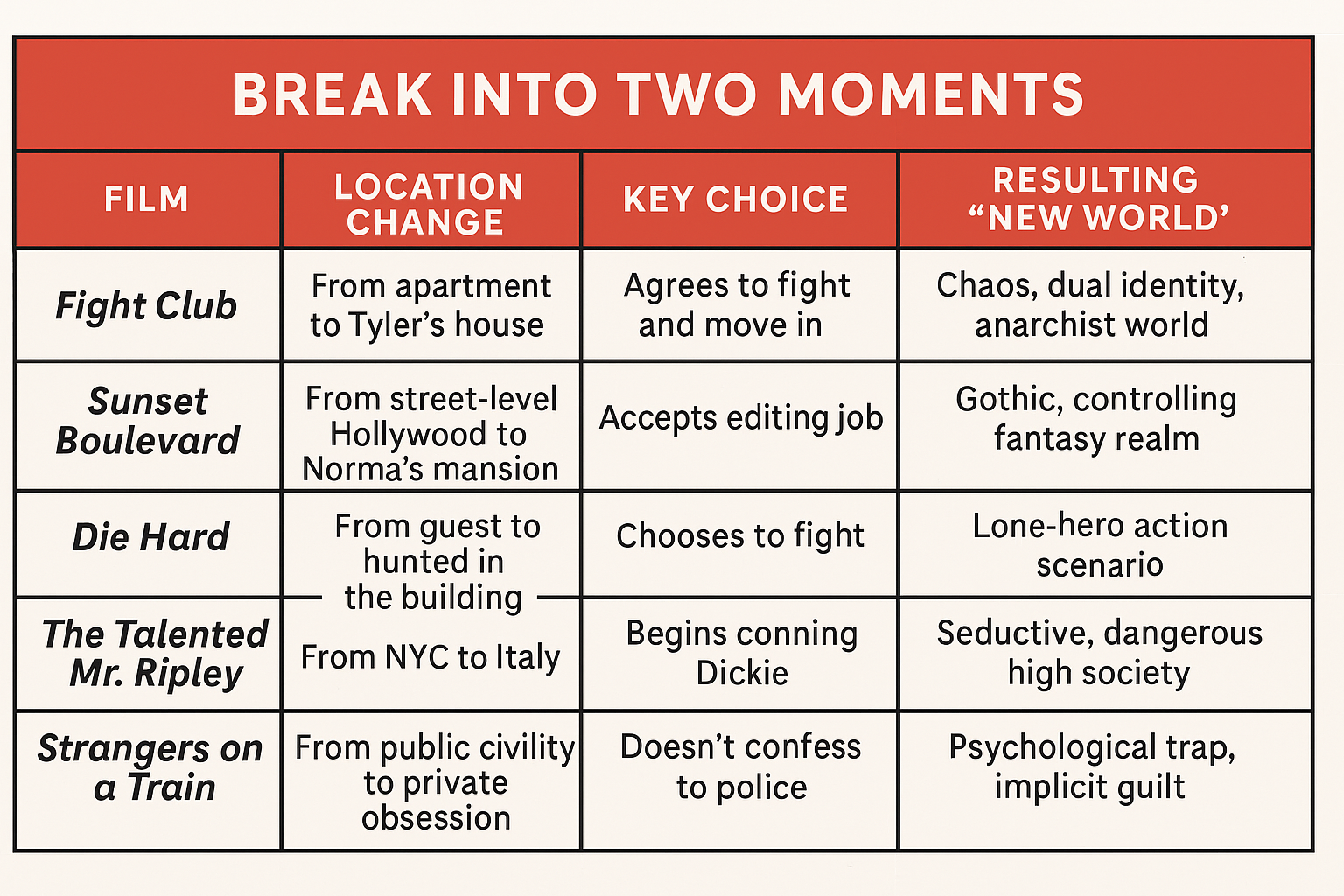
Blog
How to Write a Horror Film with No Monster: Wake in Fright
June 23, 2025

Blog
How to Write a 250-Word Synopsis of Your Screenplay – Step by Step
January 9, 2026
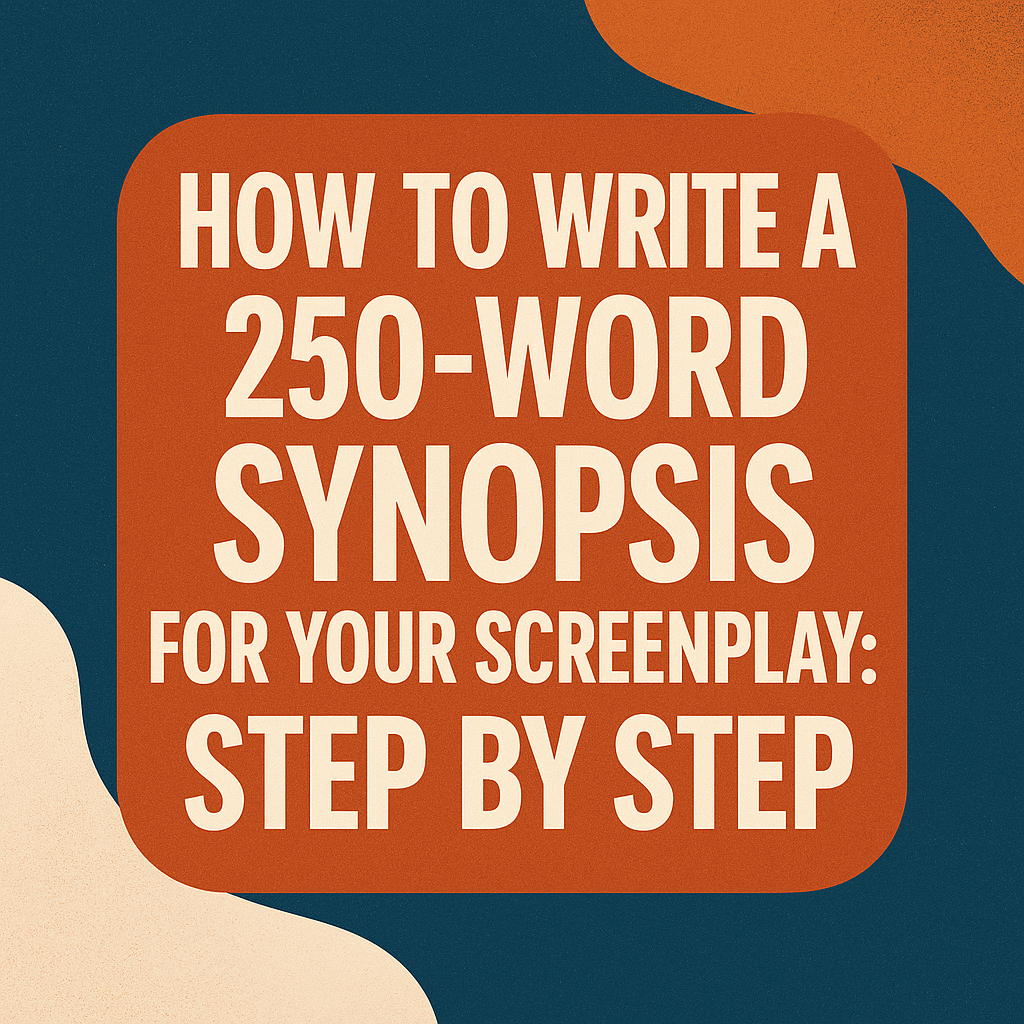
Blog
Example of a Five-Act Film: The Big Lebowski
February 9, 2026

Blog
Five Examples of the Refusal of the Call for Screenwriters
January 19, 2026

